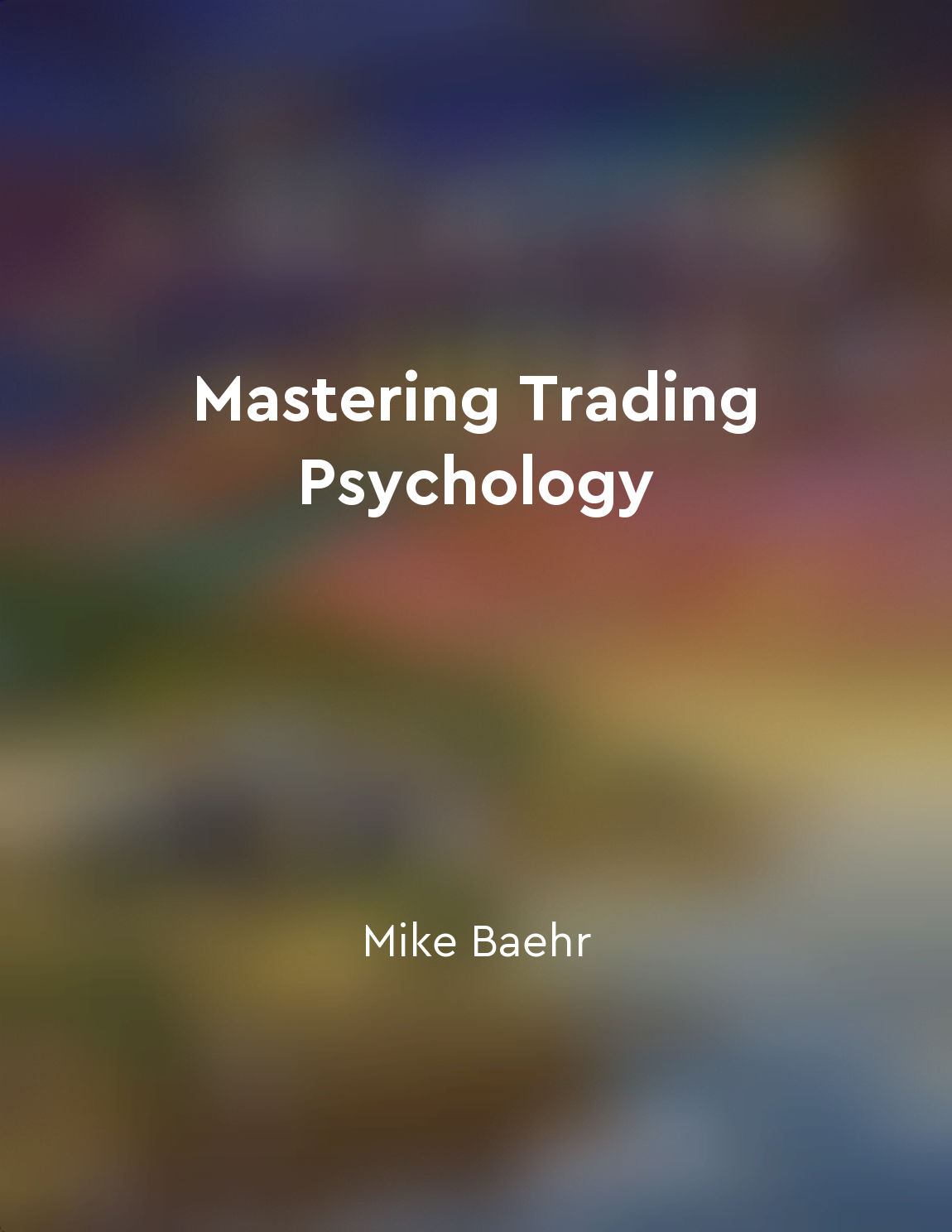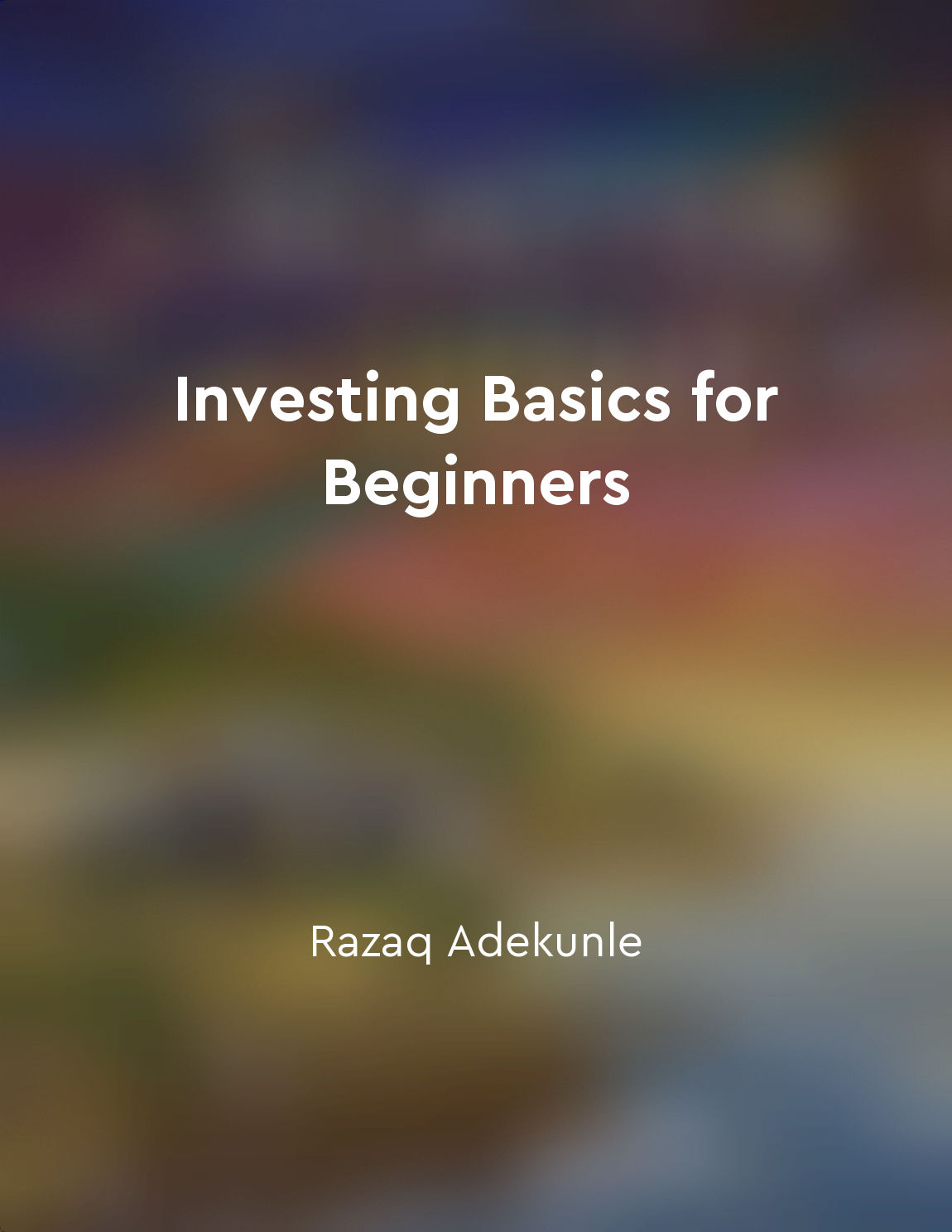Audio available in app
Emotions can derail rational investing decisions from "summary" of The Joys of Compounding by Gautam Baid
Investing often requires a level of detachment, yet human emotions can create significant obstacles. Market fluctuations can trigger fear or greed, leading to impulsive decisions that deviate from a well-thought-out strategy. During a market downturn, panic can set in, prompting investors to sell at a loss instead of adhering to their long-term plan. This reaction not only crystallizes losses but also undermines future potential gains. Conversely, during a market upswing, the allure of quick profits may lead to overconfidence. Investors might chase high-flying stocks without adequate research, driven by an emotional high rather than rational analysis. Such behavior can inflate bubbles, culminating in inevitable corrections that catch many off guard. Acknowledging the psychological aspect of investing is crucial. Maintaining a disciplined approach, grounded in fundamental analysis and a clear investment thesis, helps mitigate the influence of momentary emotions. Establishing criteria for buying and selling can provide a framework that guides decisions in times of volatility, helping to keep the focus on long-term objectives. Reflection and mindfulness can serve as powerful tools against emotional decision-making. By recognizing triggers that lead to impulsive actions, investors can cultivate a more thoughtful approach. Engaging in practices such as journaling investment decisions or discussing strategies with peers can also enhance clarity and reduce the likelihood of being swayed by fleeting feelings.- Understanding the interplay between emotion and investment decisions fosters a more resilient mindset. It allows investors to navigate the complexities of the market while staying committed to their carefully devised strategies, ensuring a greater chance of achieving their financial goals over time.
Similar Posts
Avoid overpaying for a stock
The most important principle in value investing is to buy stocks at a discount to their intrinsic value. This means paying less...
Financial planning is essential for longterm security
Financial planning serves as a crucial tool in ensuring long-term security. It involves the strategic management of one's finan...

Trust your intuition but verify with data and analysis
Trusting your intuition is a powerful tool that can guide you in making decisions, especially in the fast-paced world of tradin...
Market timing is risky
Market timing is the art of trying to predict the direction of the market in order to buy low and sell high. This strategy is a...
Avoiding speculative investments
When it comes to investing, one of the most important principles to remember is to avoid speculative investments. Speculative i...
Manager selection is crucial in achieving investment objectives
The success of institutional investment management largely hinges on the ability to select skilled and competent managers. Thes...

Remember that consistency and perseverance are key to success in day trading
Consistency and perseverance are essential qualities for achieving success in day trading. As a day trader, you need to have th...

Understand the difference between active and passive investing
Active investing involves actively buying and selling stocks, bonds, or other securities in an attempt to outperform the market...
Avoid highcost funds
When you are investing in mutual funds, one of the key things to keep in mind is the cost associated with the fund. High-cost f...
Look for companies with a sustainable business model
When seeking out companies to invest in, it is essential to consider the long-term viability of their business model. A sustain...

